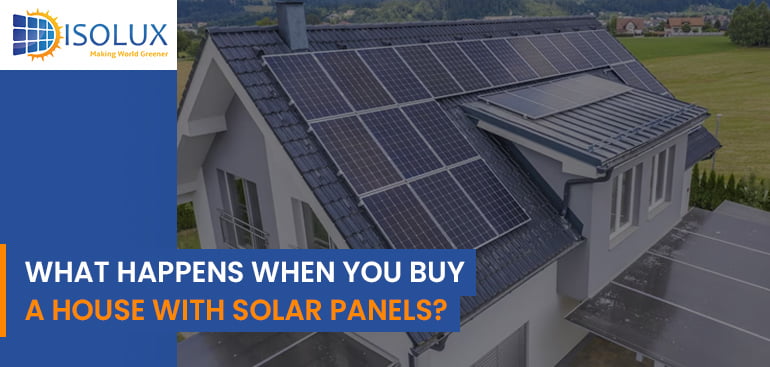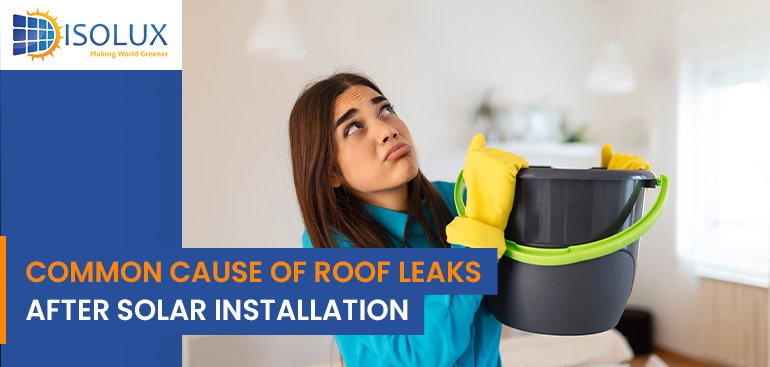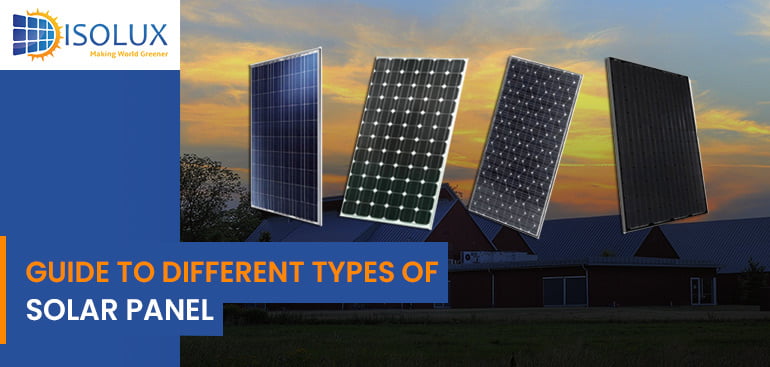Solar panels have gained immense popularity in recent years as a sustainable and cost-effective solution for generating electricity. Homebuyers considering properties equipped with solar panels are drawn to the idea of harnessing renewable energy and reducing their carbon footprint. If you are contemplating purchasing a house with solar panels, it’s essential to understand the implications and factors involved in such a transaction.
This blog aims to provide you with valuable insights into the process, considerations, and consequences of buying a home with solar panels.
Selling Price of House
When purchasing a house with solar panels, it’s crucial to consider how these additions impact the overall price of the property. Solar panels can enhance a home’s value by providing a sustainable and energy-efficient feature. However, the cost of the solar panel system must be factored into the total price.
Studies say an approximate $3 value is added to each watt of solar power. If a 6.6kw solar panel system can increase your home value by $19800. However, the prices vary between cities and states.
To determine a fair valuation, it’s recommended to consult with a professional solar installer. Who can assess the condition, efficiency, and remaining lifespan of the solar panels.
Difference Between Leased and Loaned Solar Panels
In some cases, homeowners may have obtained their solar panels through financing options like loans or leasing agreements. It’s essential to understand the distinction between buying a house with owned solar panels versus a leased one. If the solar panels are owned by the current homeowner, the responsibility for maintenance, repairs, and future upgrades typically falls on the buyer. On the other hand, with leased solar panels, the buyer may need to assume the terms of the lease agreement, including any associated costs or limitations.
Owned Solar Panels
Purchasing a house with owned solar panels can be advantageous in several ways. Firstly, you have full control over the system, allowing you to make decisions regarding maintenance, upgrades, or modifications. Additionally, owning solar panels may provide you with eligibility for tax credits, incentives, or net metering programs, which can further enhance your financial savings and environmental impact. However, it’s crucial to inspect the panels’ condition, age, and performance to ensure their long-term viability.
Leased Solar Panels
If the solar panels on the house you are buying are under a lease agreement, there are specific considerations to keep in mind. Review the terms of the lease, including its duration, monthly payments, and any potential escalations. Understanding the lease transfer process is crucial, as it will determine your responsibility for the panels once you become the homeowner. In some cases, the leasing company may require you to assume the lease, while others might offer buyout options or facilitate the transfer seamlessly.
Buying A House With Solar?
Purchasing a home with existing solar panels requires careful evaluation and understanding of the following key aspects:
What is The Size of the Solar Panel?
Determine the size and capacity of the solar panel system installed on the property. This information will help you gauge the system’s effectiveness in meeting your energy needs and potentially reducing your utility bills.
Can I Remove the Solar Panels?
Consider whether the solar panels are removable and assess the potential challenges or costs associated with their removal. This knowledge is especially important if you have plans for renovations or modifications to your new home.
What if I Have To Repair My Rooftop?
Solar panels are mounted on rooftops, which raises questions about potential roof repairs or replacements. Assess the condition of the roof and consider the impact of solar panel removal and reinstallation during such maintenance activities.
You May Like: Do You Need Roof Restoration Before Solar Panel Installation
What Happens if the Solar Panels Don’t Work?
It’s crucial to ascertain the condition and performance of the solar panels. Inquire about any warranties or guarantees, and if possible, request maintenance records to evaluate the system’s history.
How Much Warranty is Left on Solar Panels?
Understanding the remaining warranty on solar panels is essential. Warranties typically cover manufacturing defects or significant performance issues, providing you with peace of mind regarding the system’s reliability.
Conclusion
Buying a house with solar panels can be a wise investment both financially and environmentally. By considering factors such as price, ownership status, and maintenance responsibilities, you can make an informed decision. Evaluate the size and condition of the solar panel system, assess its impact on future roof repairs, and inquire about warranties. Armed with this knowledge, you can confidently embrace the benefits of solar energy while enjoying the comfort of your new home.
Switching to solar brings several benefits like savings, reduced carbon footprint, and energy independence. Isolux Solar, a leading solar panel system installer in Sydney, provides a personalized assessment of your energy usage and recommends the ideal solar system size for your home.
Read Next Blog:




